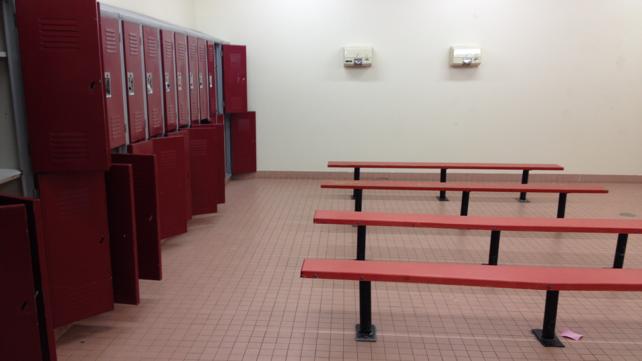
Goals help us aim higher in life, pushing us to do better, upping our achievement and maximizing our potential. Without goals, we get stuck in a rut and start sinking instead of swimming forward through life.
For Muslims, success is something we strive for not only in this world, but more importantly, in the life after death. A well known Dua (supplication) said after prayers is "Our Lord! Give us good in this world and good in the Hereafter, and defend us from the torment of the Fire!" (Quran 2:201).
With this in mind, Sound Vision developed the following goals (three for this world and three related to the Hereafter) to help us strive for success in the coming academic year:
1. Read the Quran for just five minutes every day
It's hard finding time to read Quran some days, with busy schedules, homework, extracurricular activities, etc. But just five minutes daily is enough to give us the steady dose of spirituality we need to gain knowledge, connect to Allah and remember that there is more to life than tomorrow's midterm.
2. Learn a Quranic Arabic word a day
Some families have the kids learn a new word a day over breakfast to help build vocabulary. You can do the same thing to help yourself and your family better understand the Quran. Each morning, look up one word that you may have come across in your readings, write it on a note card in Arabic as well as its meaning in English and share this information over breakfast with your spouse and/or children. A great resource for finding words is the Access to Quranic Arabic series, which focuses on helping readers identify and understand the words most used in the Quran.
3. Make Dua for one school-related issue daily
Prophet Muhammad, peace and blessings be upon him, said that Dua is the essence of worship. Unfortunately, too many of us turn to it only in times of great crises or difficulty. We don't see it as a tool to connect to Allah and become closer to Him.
If you or your kids don't already, try to make Dua for one school-related issue daily. It could be to do well on a test, but it could also be to pray for a sick classmate or teacher, to safely go and come back from a field trip or for the school team to win a championship. The point is to revive the practice of Dua in our lives.
4. Take responsibility for one household chore on a daily or weekly basis
It could be as simple as keeping the entryway of the home neat, doing seasonal yard work like raking leaves and shoveling snow or even cooking once a week. Regardless of the chore, the point is to instill a sense of responsibility that is bound to spill over into the academic realm of life in a positive manner.
5. Move up one grade in a difficult subject
While it's enjoyable to see yourself score well in classes you excel at, attaining a good grade in a difficult class is far more satisfying. On top of that, it helps build the discipline necessary to get through material that may not initially interest you. So this school year, if you've always struggled with English or math or history, work a little harder than normal in these courses to push that B towards an A.
6. Read one news magazine a week
While newspapers and news websites give you the latest news of the day, news magazines offer more analysis and a better understanding of how this information affects the world. Reading these publications helps readers think about issues more deeply and on a broader level. For students, they may also show how the abstract ideas they learn in class relate to the real world. For example, a fifth grader may have learned about the 40th anniversary of the first moon landing this year. But an article in a news magazine can help present that event in the context of current debates about whether America should go back to the moon and an explanation of why we haven't.



Add new comment